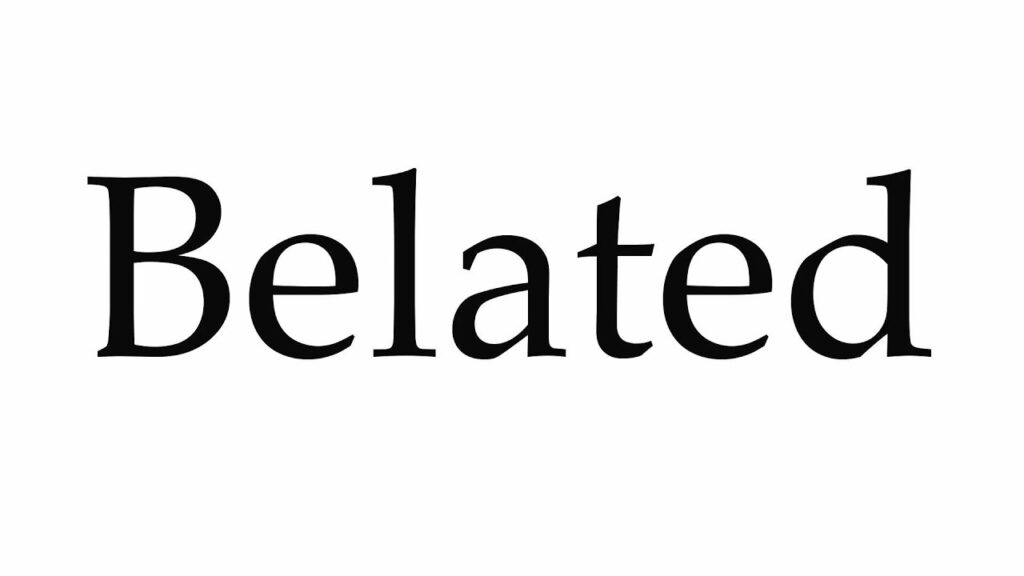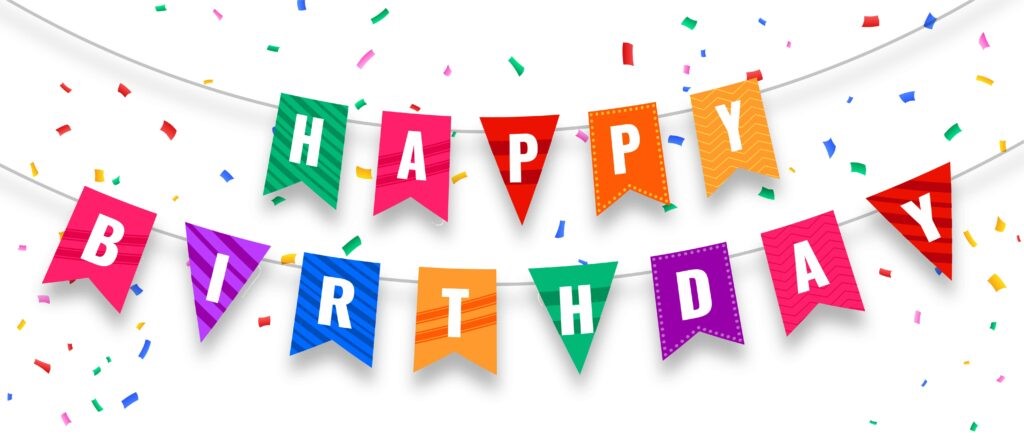We’ve all been there. You miss a friend’s birthday and want to make it up with a heartfelt message. But then comes the question: is it grammatically correct to say “Happy Belated Birthday”?

Small language slips like this can affect how people perceive you, especially in professional or literary circles.
It is both rewarding to use language correctly and nerve-wracking when critics catch a misstep. Some will kindly correct you; others might just gossip for fun.
So let’s break it down and understand the proper use of the word “belated” in phrases like “Happy Belated Birthday” or “Belated Wedding Anniversary.”
What Does “Belated” Actually Mean?
The word belated is an adjective that refers to something happening later than expected or after the usual time. It’s used to describe an action or event that is delayed – not the greeting itself.

So when you say “Happy Belated Birthday,” you’re technically suggesting that the birthday was late, which isn’t true. The birthday happened right on time; it’s your greeting that’s late.
The more accurate phrasing is:
“Belated Happy Birthday” – This correctly places “belated” before the greeting, indicating that your birthday wishes are late, not the birthday itself.
Other examples of proper usage include:
Belated assessment: “Miss Vanessa rewarded my efforts with a belated assessment.”
Belated reply: “Jesse’s belated reply to our proposal took us a step forward, contrary to our expectations.”

The good news? Whether you say “Happy Belated Birthday” or “Belated Happy Birthday,” most people will appreciate the gesture.
It is a polite way to acknowledge that you missed their special day and still care enough to reach out. But if you want to be grammatically precise, especially in writing or formal settings, go with “Belated Happy Birthday.” It is a small tweak that shows attention to detail and respect for language.


